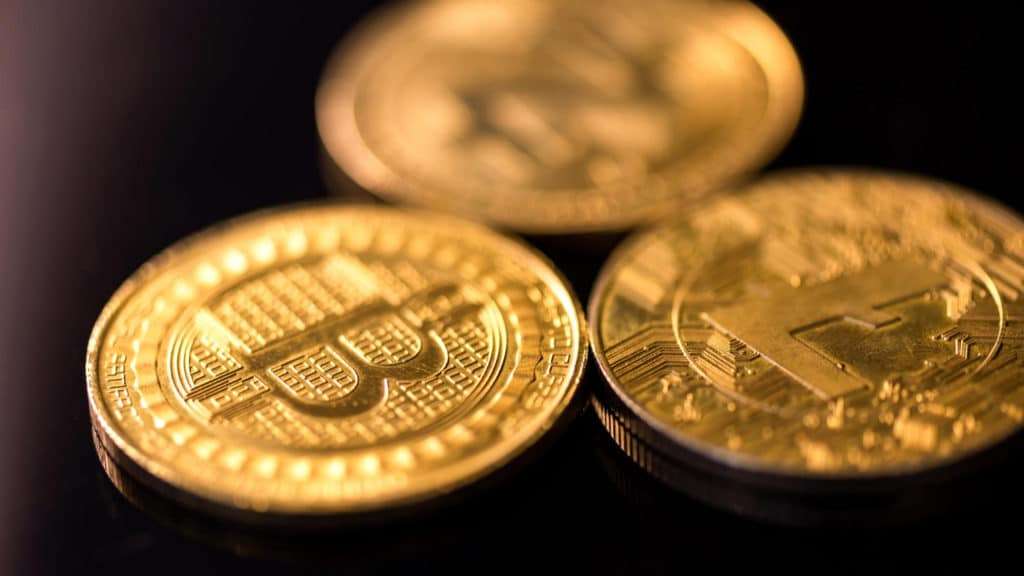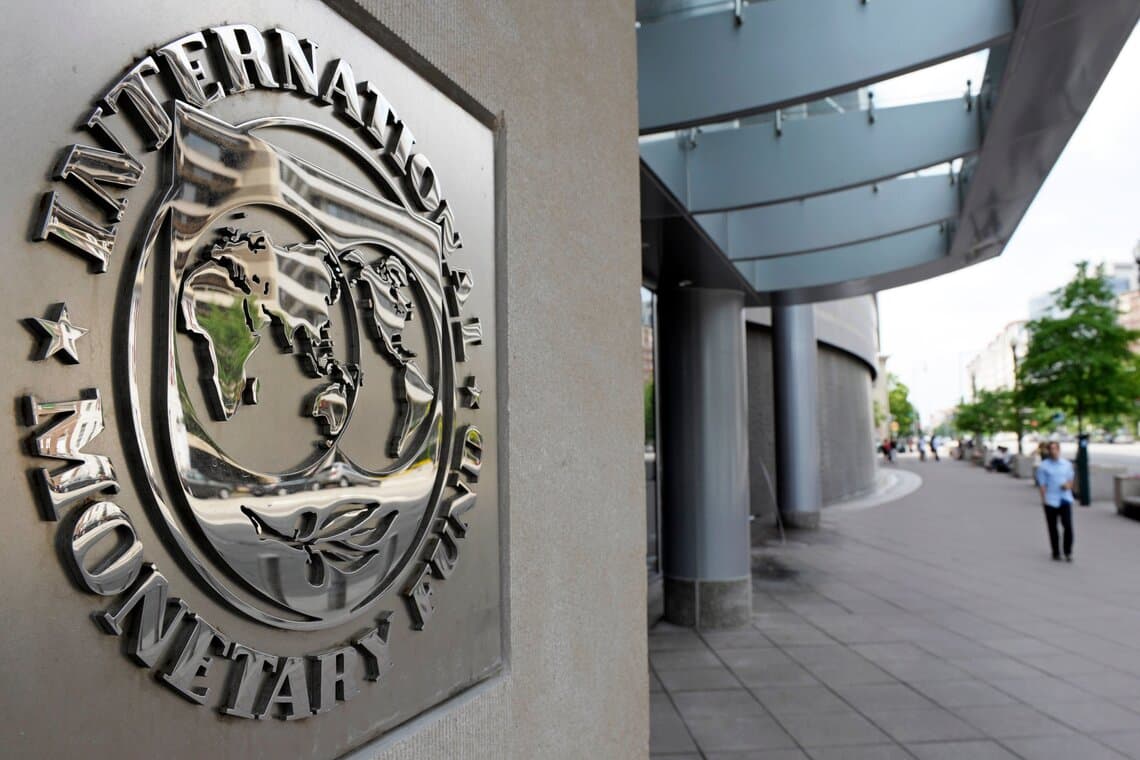The International Monetary Fund (IMF) published a report titled “Regulating Crypto: The Right Rules Could Provide a Safe Space for Innovation” in the September edition of its flagship magazine Finance & Development.
Crypto regulation, IMF speaks out

The report, written by Aditya Narain, Marina Moretti, basically highlights how digital currencies have been gaining more and more ground in the mainstream as substitutes for traditional currencies
“Crypto assets have been around for more than a decade, but it’s only now that efforts to regulate them have moved to the top of the policy agenda. This is partly because it’s only in the past few years that crypto assets have moved from being niche products in search of a purpose to having a more mainstream presence as speculative investments, hedges against weak currencies, and potential payment instruments”,
reads the beginning of the IMF report.
According to the two authors, over the past decade, cryptocurrencies have gone from being a niche product to becoming an attractive product, not only from a speculative point of view, but also as a hedge against weak currencies and potential payment instruments.
This fact has also led to greater interest and commitment on the part of global financial authorities to endow the sector with precise regulation.
“The spectacular, if volatile, growth in the market capitalization of crypto assets and their creep into the regulated financial system have led to increased efforts to regulate them. So too has the expansion of crypto’s many different products and offerings and the evolving innovations that have facilitated issuance and transactions”,
Narain and Moretti write.
The failures and problems experienced in the market in these early months of 2022 have, according to the authors, provided a further impetus toward a greater effort by governments and financial authorities to regulate the digital asset sector.
This need has also arisen because of the exponential growth of these assets, which, in the event of sector-level shocks, could also undermine global financial stability.
But again according to the two authors, the task is certainly not easy because of the difficulties of monitoring cryptocurrency markets, because data are often irregular and there are many players in the field, often without specific permissions to operate.
“Crypto assets are merely codes that are stored and accessed electronically. They may or may not be backed by physical or financial collateral. Their value may or may not be stabilized by being pegged to the value of fiat currencies or other prices or items of value. In particular, the electronic life cycle of crypto assets amplifies the full range of technology-related risks that regulators are still working hard to incorporate into mainstream regulations”,
alluding to the risks associated with cybercrime and the multiple cases of hacks that follow one another by siphoning off large sums of money from the accounts of companies that are victims of attacks, posing a danger to investors’ security.
The report closes with the hope that clear regulation at the global level “will bring order to the markets, help instill consumer confidence, lay out the limits of what is permissible, and provide a safe space for useful innovation to continue”.
On the other hand, the International Monetary Fund has always been very wary of the world of crypto assets and has harshly criticized El Salvador’s decision to make Bitcoin legal tender in the country, threatening to stop lending to the country if the law is not changed. In a report last April.
The fund had accused Bitcoin of being the currency of choice for criminals halfway around the world, which is precisely why it had clamored for the introduction of precise regulation of the sector. Just as Nairan and Moretti reiterated a few days ago in their report




